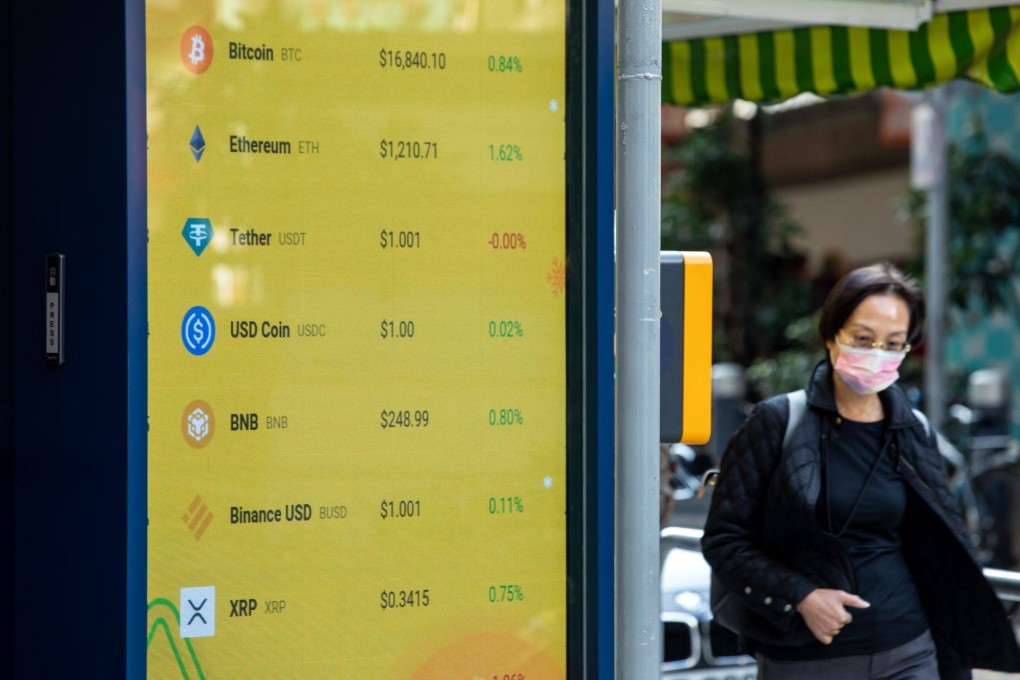SFC reminds crypto investors to be wary of unlicensed platforms in final month to apply under Hong Kong scheme
- The SFC issued a notice on Monday reminding investors that a number of new licence applicants are not yet approved and pose risks
- Under new rules that took effect last year, crypto exchanges operating in the city must apply for a licence by February 29 or shut down by June 1

“The SFC strongly urges investors to trade virtual assets ONLY on SFC-licensed VATPs [virtual asset trading platforms] because they may leave themselves unprotected by trading on unlicensed platforms,” the regulator said in a notice on Monday.
Under the city’s virtual asset regulation that went into effect last year as an amendment to the Anti-Money Laundering and Counter-Terrorist Financing Ordinance, companies selling or marketing cryptocurrencies to Hong Kong residents must apply for a licence by February 29 or cease business in the city by June 1.
The SFC also encouraged investors with accounts on unlicensed exchanges to prepare to pull money out of those platforms by May 31, possibly by moving their virtual assets to a licensed exchange.